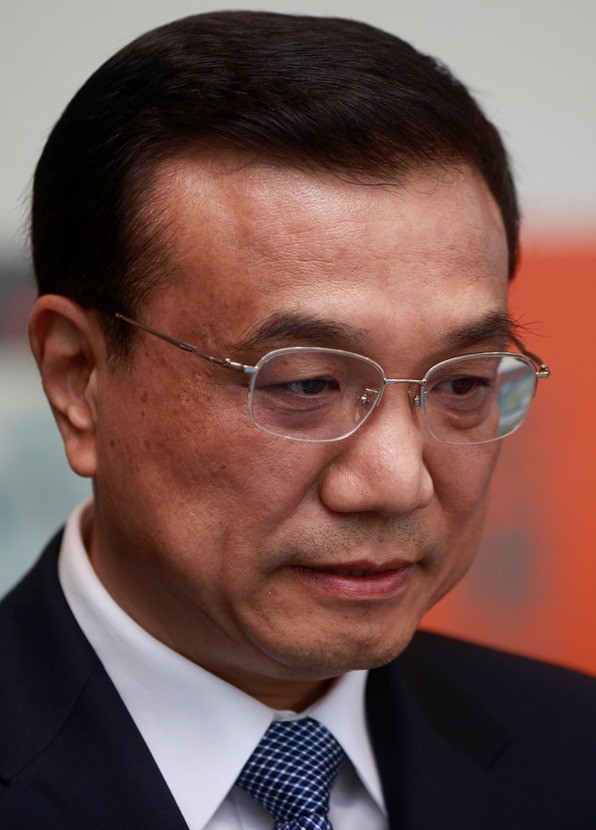During a three-day tour of South China's Guangdong Province, Chinese Premier Li Keqiang said that China should focus on transformation, opening up and structural reformation to support the nation's economic development, the Global Times reported.
With China facing a new series of trials in an economic "new normal," Li said that the country should exert extra efforts in transformation and opening up to attain economic growth at a higher rate.
Economic progress at a constant rate and essential adjustments in economic structure should be kept balanced in order to reach their aspirations, Li added, and that quality and development should be ensured within the reform.
China is highly relying on a significant reform covering all areas due to low exports and frail domestic demand to guarantee sustainable improvement against the economic depression.
Several actions were made by the Chinese government such as imposing new policies and measures, organizing free trade zones, restructuring administration and designating powers, empowering innovation and offering help to microscale firms.
The country's GDP improved to 7.3 percent on an annual basis in the third quarter of 2014; this is reported to be the lowest figure since 2009.
The premier started his tour exploring Shenzhen, one of China's pioneering special economic zones, and provincial capital Guangzhou this Sunday, the first official working day of 2015. Meanwhile, Guangdong was one of the most open parts of the country.
As the tour went on, passing through the most high-tech or creative ideas, "innovation" has been continuously heard.
China's pioneer Internet bank, Qianhai Webank was one of the five private banks visited by Li last Sunday. Unlike other traditional banks, Qianhai Webank has lower costs and concentrates on micro loans to individuals and small firms.
Creators with innovative ideas should be encouraged to set up their respective businesses, Li advised to the people of Chaihuo Makerspace, an inventive center comprised with fresh innovators.
Huawei Technologies Co., the company with 16 research centers globally and owns over 36,500 patents, was also visited by Li.
China should encourage innovation as the new driving force for the economy, taking in consideration the current economic status with traditional manufacturers, Li added.
Li also had the opportunity to tour the new Guangdong free trade zone (FTZ), during which he freely shared his insights regarding FTZ. Li advised them to use the proximity of Hong Kong to Macao as their edge. In Guangdong FTZ, investment approval has been reduced to one-fifth of the previous demanding process that can last for 800 days. The achievement reached by Shanghai FTZ was followed by the zone together with another two in Fujian and Tianjin.
Li also foresees a new advantage in international competition with increased value products made in China released on the world market, during his visit at the Guangdong Electric Power Design Institute.
During his Shenzhen visit to the statue of Deng Xiaoping, who led China's market transformation and opening up over 35 years ago, Li honored him with flowers. The Chinese economist took the lead in direct economic progress during the last 10 years.



























